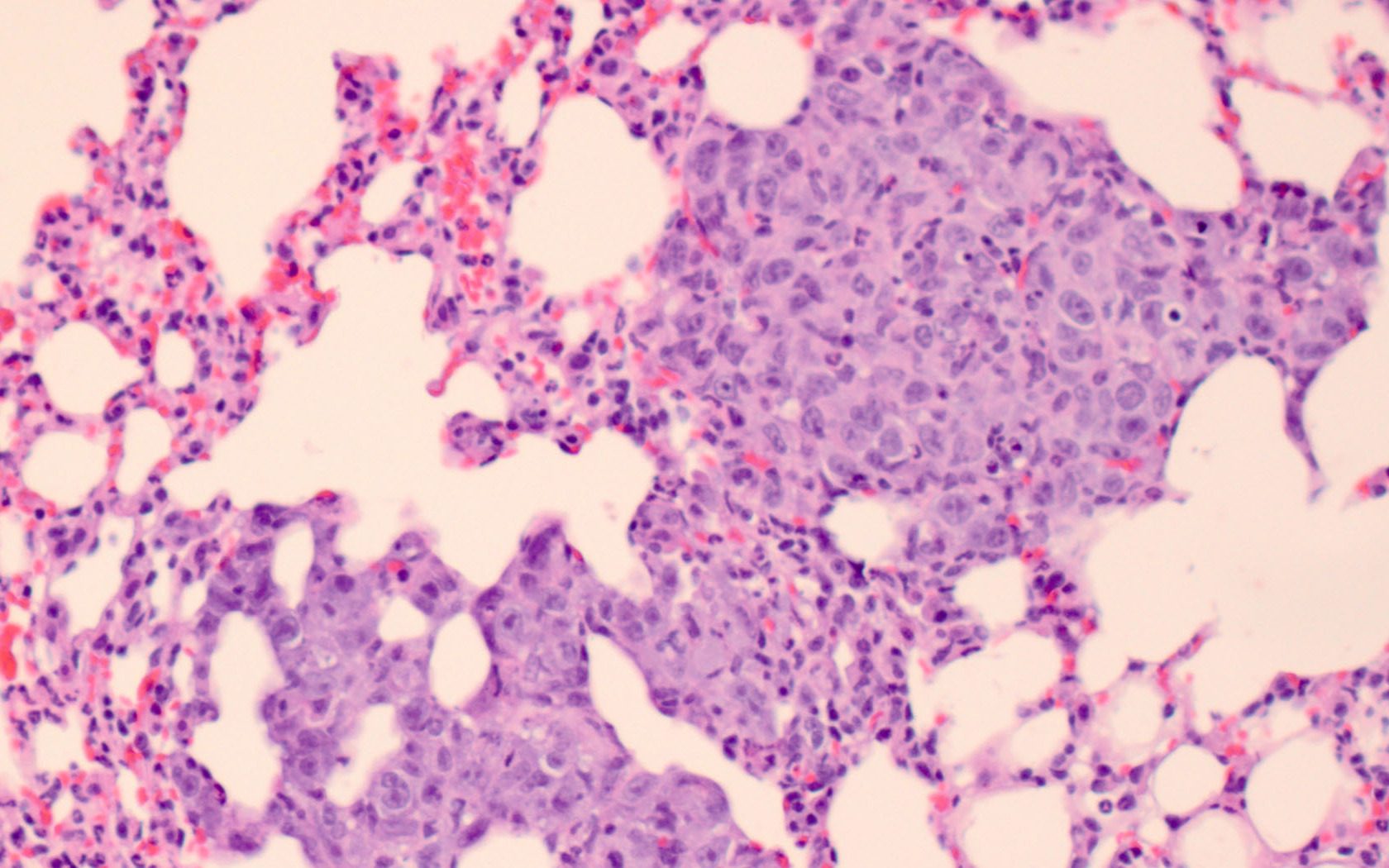Trying to crash cancer cells' special energy diet
BY Ron Gilmore
October 08, 2014
Medically Reviewed | Last reviewed by an MD Anderson Cancer Center medical professional on October 08, 2014

Want to understand why cancer cells metastasize? Think of Sparta.
Ancient Greek warriors were fed a special diet that better prepared them for the demands of battle on distant fields. Cancer cells that spread throughout the body may also benefit from an energy diet, MD Anderson scientists recently reported in Nature Cell Biology.
The researchers found that cancer cells traveling to other sites have different energy needs than those that remain at the original tumor site where they continue to proliferate.
The reason may lie with the protein, PGC-1α, which appears to play a role in how cancer cells acquire unique energy sources that allow them to travel and spread cancer in the body.
Cancer cells use PGC-1α to stimulate the growth of new mitochondria, the cell’s “power plants” that generate ATP, an energy “currency” used by cells to grow.
“We found that invading cancer cells rely on mitochondria during their transition to other cancer sites,” said Valerie LeBleu, Ph.D., assistant professor of Cancer Biology at MD Anderson and lead author of the Nature Cell Biology paper.
Metastasizing cells also rely on PGC-1α for a process known as oxidative phosphorylation, which boosts ATP during the cell’s journey to other sites. This overall process, known as mitochondria respiration, allows some cancer cells to harness the energy needed to survive the hostile journey through tumor and normal tissue, blood vessels and entry into new organs.
In other words, some cancer cells are programmed to eat at home, while others have a special diet that allows them to travel to other sites. If there was a therapeutic way to stop the migrating cells from packing a lunch ahead of time, it could potentially halt their journey. Suppressing PGC-1α appears to do just that.
“The most dangerous cancer cells are the ones that can efficiently move and find a new home,” said Raghu Kalluri, M.D., Ph.D., chair of Cancer Biology and an investigator on the study. “Our study revealed a strong correlation between PGC-1α expression in invasive cancer cells and the formation of distant metastases in breast cancer patients.”
Given that a cancer cell’s ability to metastasize is the primary cause of cancer-related death, understanding how they successfully migrate can be lifesaving, Kalluri said.
